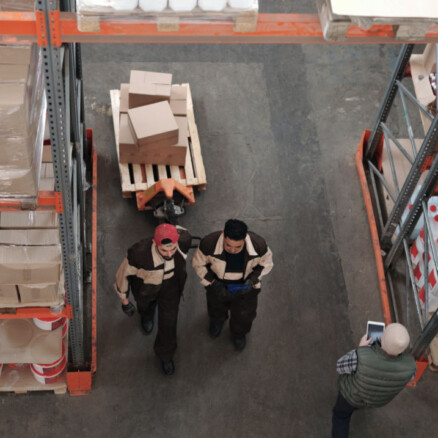The travel and tourism industry intersects with many others — food, transportation, beauty — creating outsized opportunity for change.

Travel opens consumers to new experiences, giving clients a chance to influence behavior beyond their value chain.
Travel and tourism represents some unique challenges as a sector. Travel has a large emotional impact on consumers. On one hand, they’re open to new experiences and ideas. On the other, they have high expectations for a pleasurable trip — which doesn’t include following new practices and regulations. Second, the industry involves long and complicated value chains with many partners. Travel and tourism touches the food and beverage industry, transportation, plastics, cosmetics and more. This means that our clients won’t be able to address all the practices that drive their impacts without collaboration within and between industries.
Quantis has experience balancing the needs of many stakeholders to find the best way forward. Together, we can transform the industry and send travelers home with a new awareness of sustainability they can apply in their own lives.
How Quantis can help
For two decades, our dynamic and visionary team has partnered with organizations across the globe to transform their industries and shape a new, planetary economy that aligns business with nature.
We guide companies on the transition from business as usual to business at its best.
Quantis travel + tourism experts can help you:
-
Assess total impact
We analyze our clients’ nature and climate dependencies and quantify the extent of their impacts. We review clients’ operational ecosystems and their maturity to best adapt goals to their needs.
-
Define your ambitions
We help prioritize the most pressing projects and identify the right levers to encourage action and reach operational or cultural targets.
-
Enact transformation
We help educate teams outside of the sustainability office, integrate tools, KPIs and environmental criteria into day-to-day operations, and shift culture in a pragmatic that accounts for business constraints.




